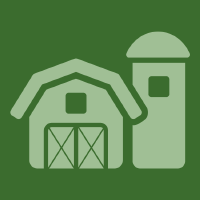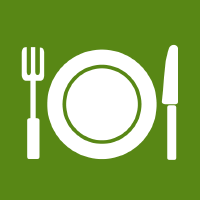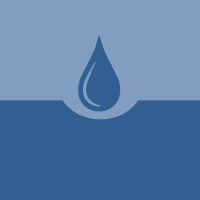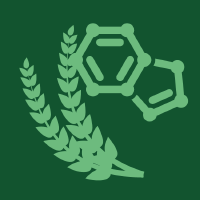Topic Editors



Food Security and Healthy Nutrition
Topic Information
Dear Colleagues,
Ensuring food security and nutrition is a crucial target of the United Nations Sustainable Development Goal 2. Improving food security levels through various means (e.g., enhancing agricultural productivity, reducing food waste, and strengthening social protection systems) can provide safe, nutritious, and sufficient food for all people, especially the poor and vulnerable. Furthermore, dietary patterns and food systems aimed at nutrition, health, and sustainability pose new challenges to food security assurance and related areas such as the development of new crop and livestock varieties, cultivation systems, land and water resource utilization, pesticide and fertilizer inputs, and carbon emissions. Therefore, this Topic will gather studies looking at various aspects of this field to understand how to promote food security and healthy nutrition, as well as these factors’ impacts on the economy, residents' welfare, resources and the environment, sustainable development, and agricultural R&D. The Topic includes but is not limited to the following subjects:
- Food security;
- Healthy nutrition;
- Food consumption;
- Agricultural system;
- Food system;
- Nutrition transition;
- Healthy food;
- Sustainable agriculture.
Dr. Xinru Han
Dr. Ehsan Elahi
Prof. Dr. Guo Wei
Topic Editors
Keywords
- healthy nutrition
- food consumption
- agricultural system
- food system
- nutrition transition
- healthy food
- sustainable agriculture
Participating Journals
| Journal Name | Impact Factor | CiteScore | Launched Year | First Decision (median) | APC | |
|---|---|---|---|---|---|---|

Agriculture
|
3.3 | 4.9 | 2011 | 20.2 Days | CHF 2600 | Submit |

Economies
|
2.1 | 4.0 | 2013 | 21.7 Days | CHF 1800 | Submit |

Foods
|
4.7 | 7.4 | 2012 | 14.3 Days | CHF 2900 | Submit |

Land
|
3.2 | 4.9 | 2012 | 17.8 Days | CHF 2600 | Submit |

Water
|
3.0 | 5.8 | 2009 | 16.5 Days | CHF 2600 | Submit |

Nutrients
|
4.8 | 9.2 | 2009 | 17.5 Days | CHF 2900 | Submit |

MDPI Topics is cooperating with Preprints.org and has built a direct connection between MDPI journals and Preprints.org. Authors are encouraged to enjoy the benefits by posting a preprint at Preprints.org prior to publication:
- Immediately share your ideas ahead of publication and establish your research priority;
- Protect your idea from being stolen with this time-stamped preprint article;
- Enhance the exposure and impact of your research;
- Receive feedback from your peers in advance;
- Have it indexed in Web of Science (Preprint Citation Index), Google Scholar, Crossref, SHARE, PrePubMed, Scilit and Europe PMC.

